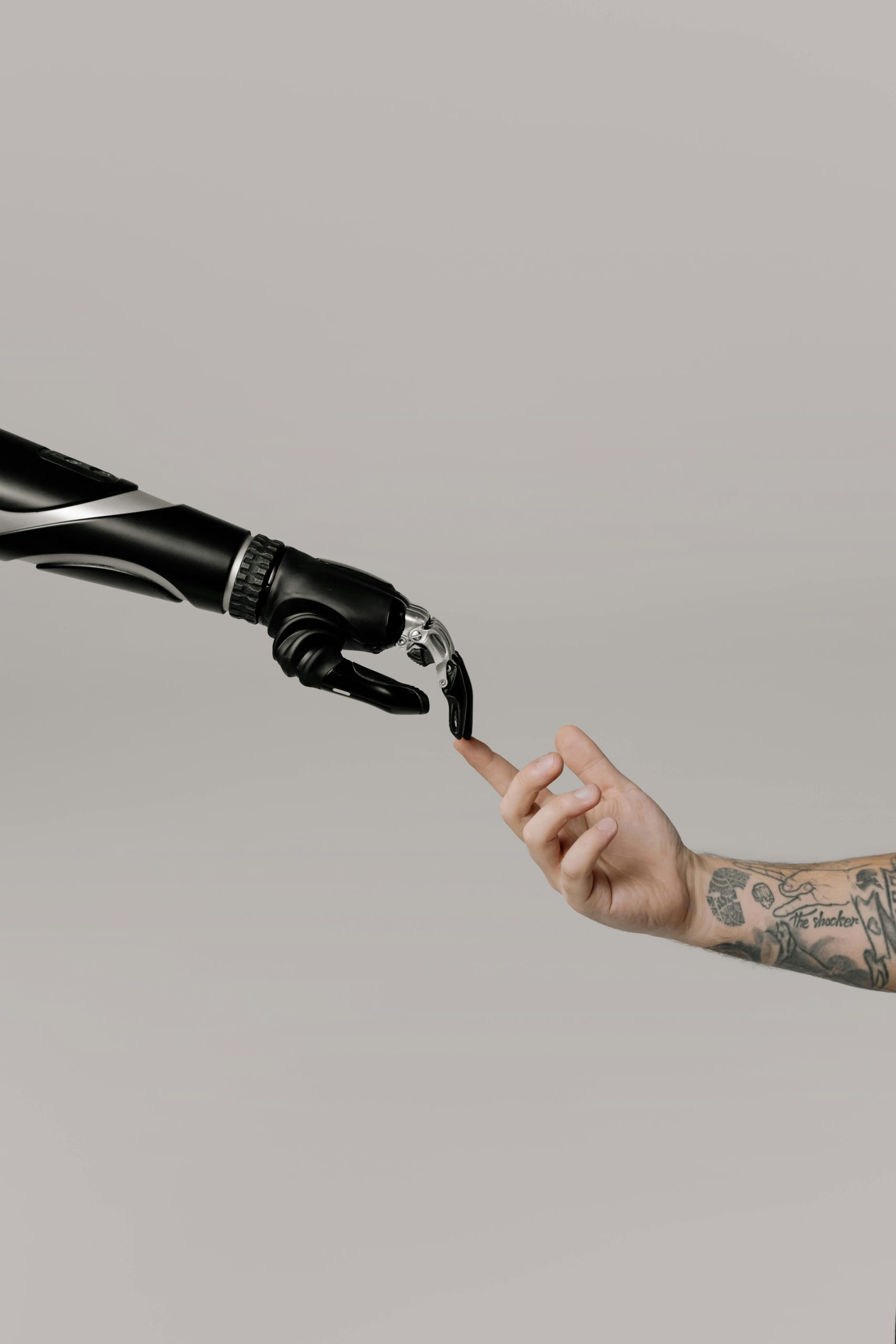Agriculture has always been the backbone of human civilization, but today, it stands at the cusp of a technological revolution. The integration of Artificial Intelligence (AI) and the Internet of Things (IoT) into farming practices is transforming traditional agriculture into precision farming. This shift is enabling farmers to maximize yields, reduce waste, and optimize resources like never before. By leveraging data-driven insights and smart technologies, AI and IoT are paving the way for a more sustainable and efficient agricultural future.
What Is Precision Farming?
Precision farming, also known as precision agriculture, is a modern approach that uses technology to monitor and manage agricultural practices with pinpoint accuracy. Unlike traditional farming, which relies on uniform treatment of entire fields, precision farming tailors actions to the specific needs of different areas within a farm. This is achieved through the collection and analysis of vast amounts of data, enabling farmers to make informed decisions about irrigation, fertilization, pest control, and more.
Key Components of Precision Farming
- Data Collection: Sensors, drones, and satellites gather real-time data on soil conditions, weather, and crop health.
- Data Analysis: AI algorithms process the collected data to identify patterns and generate actionable insights.
- Automation: IoT devices automate tasks like irrigation and fertilization based on the analyzed data.
The Role of AI in Precision Farming
Artificial Intelligence is the driving force behind the intelligence in precision farming. By analyzing complex datasets, AI helps farmers predict outcomes, detect anomalies, and optimize processes. Here’s how AI is making a difference:
Predictive Analytics for Crop Management
AI-powered predictive models analyze historical and real-time data to forecast weather patterns, pest infestations, and crop yields. This allows farmers to take preemptive measures, such as adjusting irrigation schedules or applying targeted pesticides, to protect their crops.
Disease and Pest Detection
Machine learning algorithms can identify signs of disease or pest damage in crops by analyzing images captured by drones or smartphones. Early detection helps farmers address issues before they spread, minimizing losses and reducing the need for broad-spectrum chemicals.
Automated Decision-Making
AI systems can recommend the best planting times, crop varieties, and harvesting schedules based on data analysis. This reduces guesswork and enhances productivity, ensuring farmers get the most out of their land.
The Role of IoT in Precision Farming
The Internet of Things connects physical devices to the digital world, creating a network of smart tools that communicate and collaborate. In precision farming, IoT devices collect and transmit data, enabling real-time monitoring and control.
Smart Sensors for Soil and Crop Monitoring
IoT sensors placed in fields measure soil moisture, temperature, nutrient levels, and other critical parameters. This data is transmitted to a central system, allowing farmers to make precise adjustments to irrigation and fertilization.
Automated Irrigation Systems
IoT-enabled irrigation systems use data from soil sensors to deliver the right amount of water at the right time. This not only conserves water but also ensures crops receive optimal hydration, improving yield quality.
Livestock Tracking and Management
Beyond crops, IoT devices are used to monitor livestock health and behavior. Wearable sensors track vital signs, movement, and feeding patterns, helping farmers detect illnesses early and improve herd management.
Benefits of AI and IoT in Precision Farming
The fusion of AI and IoT in precision farming offers numerous advantages, revolutionizing how food is produced.
- Increased Efficiency: Automation reduces manual labor and minimizes human error.
- Resource Conservation: Precise application of water, fertilizers, and pesticides reduces waste.
- Higher Yields: Data-driven decisions lead to healthier crops and better harvests.
- Sustainability: Reduced chemical use and water conservation contribute to eco-friendly farming.
Challenges and Future Prospects
Despite its potential, the adoption of AI and IoT in precision farming faces challenges. High initial costs, lack of technical expertise, and connectivity issues in rural areas can hinder implementation. However, as technology becomes more accessible and affordable, these barriers are expected to diminish.
The future of precision farming is bright, with advancements like autonomous tractors, blockchain for supply chain transparency, and AI-driven robotics on the horizon. These innovations promise to further enhance productivity and sustainability in agriculture.
Conclusion
AI and IoT are undeniably revolutionizing agriculture, turning precision farming into a cornerstone of modern food production. By harnessing the power of data and automation, farmers can achieve unprecedented levels of efficiency, sustainability, and profitability. As technology continues to evolve, the agricultural sector will witness even greater transformations, ensuring food security for a growing global population. The future of farming is smart, and it’s here to stay.
